Top 15 AI SEO tools
AI is transforming the way we approach digital marketing. By analyzing vast amounts of data, AI can help us personalize our content for readers and predict near-future search trends with unprecedented accuracy. Tools like Jotform AI Agents are revolutionizing how businesses handle automation tasks across the board, showing how AI integration extends beyond SEO into broader business operations.
As a freelance content writer, I’ve worked with several AI-powered SEO tools at the request of different clients. In this article, I’ll introduce you to what I see as 15 of the best AI SEO tools available today. These tools can streamline your marketing strategy, boost your visibility, and give your brand or business a more competitive edge.
What are AI SEO tools and how do they work?
AI SEO tools are software applications that use AI technologies like machine learning and natural language processing to automate and enhance various SEO tasks. Their key functionalities can include
- Keyword analysis: AI can analyze search volume, competition, and user intent to identify the most valuable keywords for your content.
- Content optimization: These tools can evaluate your content for readability, relevance, and SEO best practices, and suggest improvements.
- Competitor insights: AI can analyze your competitors’ sites and content to identify their strengths and weaknesses.
- Ranking prediction: AI tools can predict how your content might rank for specific keywords, allowing you to prioritize your team’s efforts.
- Backlink analysis: AI can even help you analyze the competition’s backlink profiles so that you can create a stronger link-building strategy.
By integrating AI into SEO, businesses can streamline workflows, improve accuracy, and gain a competitive edge in digital marketing.
Why use AI in SEO?
I’ve used AI-powered SEO tools to automate time-consuming tasks, improve accuracy in keyword targeting, and provide real-time insights into search trends. By leveraging AI, businesses can stay ahead of algorithm changes, create more persuasive content that aligns more closely with their customers and prospects, and make better decisions with predictive analytics.
I’ve learned that AI tools can also improve keyword targeting in the content creation process. By quickly analyzing vast amounts of data, these tools can identify high-performing keywords and optimize your content for search intent, increasing visibility and improving audience engagement levels.
What’s more, AI-powered SEO tools deliver real-time insights into current search trends. By continuously monitoring search engines and user behavior, AI tools can provide instant updates on algorithm shifts and emerging trends to keep strategies relevant, helping digital marketers make more proactive decisions based on accurate data.
The best AI SEO tools in 2025
The following are what I consider to be the 15 best AI-powered SEO tools that will help you make the most of your digital marketing efforts in 2025 and beyond, along with a few of my personal observations on each.
1. Surfer SEO
Best for: Content optimization
Developer: Surfer SEO was created by a team of developers working in-house at a Polish agency.
Limitations: Surfer SEO limits the number of available queries based on your plan. It provides a list of keywords to help you rank your content higher, but it doesn’t provide a keyword difficulty score.
Key features: This tool offers over 500 on-page SEO elements analyzed, plus real-time feedback in the content editor.
Pros: Thorough on-page analysis, an AI-powered content editor that offers real-time feedback, simple interface that’s easy to learn
Cons: Costs more than many competitors, free version is somewhat limited, may confuse beginners at first
Plans/Pricing: Surfer SEO plans range from $79 per month for the Essential plan to $175 per month for the Scale plan (prices for custom enterprise plans are higher). The Essential plan limits users to tracking 200 pages, optimizing 360 articles per year, and generating up to 60 articles. The Scale plan increases those limits to 1,000 pages tracked; 1,200 articles optimized per year; and up to 240 articles generated per year, plus other premium features.
G2 Ratings: 4.8/5 (531 reviews)
2. ChatGPT
Best for: Content ideation and optimization, keyword research
Developer: ChatGPT is developed by OpenAI.
Limitations: ChatGPT is only as good as the information and training prompts you give it.
Key features: ChatGPT is capable of analyzing massive amounts of data in an instant. It’s also useful for ideation, writing article drafts, research, keyword research, and more.
Pros: Robust free version, paid version is moderately priced, understands natural language inputs
Cons: Sometimes offers inaccurate information, requires careful fact-checking of any underlying assumptions or outputs
Plans/Pricing: The free version offers access to GPT-4o mini, standard voice mode interactions, real-time web data through search, and limited access to some features. The Plus plan costs $20 per month and adds expanded limits as well as early access to new features. The Pro plan costs $200 per month and removes all feature limits.
G2 Ratings: 4.7/5 (680 reviews)
3. Frase.io
Best for: Content outlines and creation, on-page optimization
Developer: Frase.io is developed by Frase.
Limitations: Frase.io starts with a user-supplied keyword and focuses on content creation but also helps with optimization, keyword research, and more. Its functionalities could be more than some users need.
Key features: This tool offers AI-generated content briefs based on selected keywords, AI-generated summaries of longer articles for easier research, in addition to competitive analysis and insights. Frase’s “answer engine” crawls your site and creates chatbot Q and A responses for site visitors.
Pros: Deep SEO research capabilities, ability to identify questions users are already asking about topics to broaden content’s appeal
Cons: May need substantial human editing on generic AI-generated copy and content to match tone, style, etc.
Plans/Pricing: The Frase free account is limited, offering one SEO document and up to 2,500 AI words. The Basic plan ($45 per month) increases that to 30 documents per month and one tracked page or site. The Team plan ($115 per month) removes all limitations and provides access for up to three team members.
G2 Ratings: 4.8/5 (296 reviews)
4. MarketMuse
Best for: Content marketers and writers
Developer: MarketMuse is currently developed by Siteimprove.
Limitations: MarketMuse uses AI to analyze and improve written content, but it’s not as user-friendly as other tools on this list.
Key features: This tool provides comprehensive content briefs and topic modeling to pinpoint additional relevant keywords and topics. It also offers recommended on-page elements such as subheadings, word count, and more.
Pros: Thorough content analysis, robust features that produce detailed content that is easier to read and more attractive to users, suggested link clusters help you keep readers on the page longer
Cons: Steep learning curve, high cost
Plans/Pricing: The free plan allows users 10 queries per month for a single user. The entry level premium plan, Optimize, costs $99 per month, with up to five content briefs and one strategy document per month. The Research plan ($249 per month) permits users up to 10 content briefs and three strategy docs per month. The Strategy plan ($499 per month) comes with 20 content briefs and five strategy documents per month.
G2 Ratings: 4.6/5 (214 reviews)
5. Semrush
Best for: Agencies and businesses pursuing search engine marketing and other digital marketing strategies
Developer: Semrush is developed by Semrush Holdings, Inc.
Limitations: This powerful, comprehensive suite of over 55 tools and features covering SEO, market research, content development, and more might be more than you need or want to pay for. I found it incredibly thorough, if a little intimidating at first.
Key features: Semrush offers in-depth keyword research capabilities, including Keyword Gap, a tool that shows how user’s keywords perform compared to five competitors. Plus, a wide range of technical SEO tools, including a site auditor and on-page SEO analysis.
Pros: Soup-to-nuts SEO and marketing platform with an extensive list of functions, access to a massive database for keywords and backlinks, relatively easy-to-master user interface
Cons: High cost for larger companies with high-usage needs, some reports of inaccuracies in data
Plans/Pricing: The Pro plan (about $140 per month) covers five projects, tracking for 500 keywords, and analytics for domain, keywords, and backlinks. The Guru plan (about $250 per month) increases those limits and adds features like the content marketing platform. The Business plan (about $500 per month) increases these limits and adds even more advanced features for large organizations and teams.
G2 Ratings: 4.5/5 (2,416 reviews)
6. Ahrefs
Best for:Technical SEO work, especially backlinks and keyword research
Developer: Ahrefs is developed by Ukrainian developer and entrepreneur Dmytro Gerasymenko.
Limitations: Entry level plans have limited monthly credits available for users, and some users report inaccurate data.
Key features: Ahrefs offers comparison tools to examine a website’s past and current performance data. The tool monitors backlinks over time and deep dives into predictive keyword performance and the impact of SEO on traffic.
Pros: Strong domain analysis tools, excellent keyword research functionality, user-friendly, wide range of features
Cons: Restrictive limits on entry level plan, no free trial period, lack of phone support
Plans/Pricing: The Lite plan ($129 per month) permits users up to five projects and 500 credits per user. The Standard plan ($249) increases those limits to 20 projects and unlimited credits per user. Finally, the Advanced plan ($449 per month) increases those limits even further and provides access to more advanced features.
G2 Ratings: 4.5/5 (549 reviews)
7. Clearscope
Best for: Content writers who don’t need a deep dive into technical SEO
Developer: Clearscope is developed by Mushi Labs.
Limitations: Clearscope focuses on content optimization and development, and in my experience, it does that incredibly well. It may lack some features other platforms have (e.g., backlink tracking and competitor analysis).
Key features: Clearscope offers optimization with AI-powered real-time keyword and content structure recommendations, plus a content grading system to help creators improve impact and results.
Pros: Tools can predict the present and future appeal of keywords, platform and interface are easy to master for users, excellent support
Cons: Price may be out of budget for many users
Plans/Pricing: The Essential plan ($189 per month) allows 100 pages, 50 keyword “discoveries,” and 20 content reports per month. The Business plan ($399) increases those limits and adds a dedicated account manager for support. There’s also a custom-priced enterprise level.
G2 Ratings: 4.9/5 (91 reviews)
8. Jasper
Best for: Content creators and marketers who need to generate a lot of content quickly
Developer: Jasper is developed in-house, led by Dave Rogenmoser.
Limitations: I really like Jasper and found its fee structure quite reasonable. Some users report Jasper’s output isn’t quite as accurate and engaging with highly technical topics. Some users also report that it’s easy to run out of credits in generating content.
Key features: Jasper Recipes gives the user a complete content creation process for everything from blog posts to Facebook ads.
Pros: Command feature that lets users instruct Jasper in natural language, quick content creation
Cons: Lack of flexibility in plans makes it difficult to scale as your business needs grow, must pay extra to check for plagiarism
Plans/Pricing: The Creator plan ($39 per month per seat) includes one user, one brand voice, and access to Jasper Chat and SEO mode tools. The Pro plan ($59 per month per seat) bumps up those limits and adds 10 Knowledge assets, three Instant Campaigns, collaboration tools, AI image generation, and image editing tools.
G2 Ratings: 4.7/5 (1,243 reviews)
9. Perplexity
Best for: Researchers and content marketing writers
Developer: Perplexity
Limitations: Perplexity provides speedy information gathering for content marketers and writers from various sources. It’s like a research assistant that never takes a coffee break and almost always finds what you need.
Key features: Perplexity offers tools for search, content creation, research, ideation, and more. It can also generate content in several different languages.
Pros: Speedy retrieval of information upon request with significant accuracy
Cons: Produces text that might not be conversational in tone and requires further editing, may be vulnerable to hallucinations (i.e., when AI tools produce false or imagined content that isn’t accurate)
Plans/Pricing: Perplexity offers a robust free account that provides an unlimited number of free searches, plus three Pro searches per day among other features. The Professional account costs $20 per month and provides 300-plus Pro searches per day among other advanced features and first access to new features as they are developed.
G2 Ratings: 4.6/5 (39 reviews)
10. Alli AI
Best for: Agencies and content marketing teams
Developer: Alli AI develops the Alli AI platform.
Limitations: I’ve found that as with all generative AI tools, it may produce inaccurate information based on its training and data sources.
Key features: Alli AI makes on-page SEO simpler and easier, even for beginners. It offers bulk optimization for large content projects and automated split testing.
Pros: Easy-to-navigate user interface, single dashboard to manage all SEO tasks, workflow templates that save time on future projects
Cons: High cost for all plans with a short trial period of 10 days; some reports of site lags
Plans/Pricing: The Business plan costs $299 per month and covers five sites, five team members, and up to 1,250 pages with 500 keywords. The Agency plan ($599 per month) raises those limits to 15 sites, 15 team members, 5,000 pages and up to 2,000 keywords. The Enterprise plan ($1,199 per month) covers 50 sites, 50 team members, and up to 20,000 pages with 5,000 keywords.
G2 Ratings: 3.4./5 (8 reviews)
11. HubSpot’s AI Search Grader
Best for: Marketers who want to build visibility through search results inside AI tools
Developer: HubSpot’s AI Search Grader is developed by HubSpot.
Limitations: This tool’s sole job is to analyze how well a brand is performing in AI results (such as searches conducted inside ChatGPT or Perplexity) and identify ways to improve that performance. That’s somewhat limited, but I found that this tool is great at what it does.
Key features: The AI Search Grader shows businesses and other users how well their pages perform in AI search results. It also helps you monitor brand visibility, sentiment analysis, and voice metrics.
Pros: Free to use, offers additional in-depth analysis
Cons: Generic numerical ranking might be of little use to some marketers, engine is slow to respond and was never able to access the more in-depth analysis due to site lag
Plans/Pricing: HubSpot’s AI Search Grader is free to use.
G2 Ratings: N/A
12. NeuralText
Best for: Content creators, bloggers, and small business digital marketers
Developer: NeuralText is developed by founders Alessio Nittoli and Antonio Cappiello.
Limitations: Some users report the platform is slow to issue updates and new features, and may be less than ideal for highly technical written content.
Key features: NeuralText offers real-time collaboration tools, AI-powered content creation, customizable templates for content, and on-page SEO tools.
Pros: Interface is simple to use for beginners, several templates available to help users with shaping content
Cons: Requires human revision and insight for a polished final version, limited creative options, risk of duplicate content
Plans/Pricing: The Starter plan ($19 per month) allows up to 100,000 AI-generated words and five content briefs with SERP analysis. The Basic plan ($49 per month) allows up to 40 content briefs, while the Pro plan ($119 per month) allows up to 300,000 AI-generated words and 100 content briefs, among other features.
G2 Ratings: 4.4/5 (22 reviews)
13. Outranking (SEO Writer Plan)
Best for: Digital marketers who need generated and optimized content
Developer: Outranking (SEO Writer Plan) is developed by Pankil Shah and Alistair Rogers.
Limitations: Word limits on all plans but the most expensive plans may restrict some users.
Key features: Outranking provides clear instructions for users who aren’t familiar with AI SEO tools and offers “Concepts” tool that let you collect and summarize the main facts from the most authoritative pages on your subject.
Pros: Handles long-form content well as long as you’re within the word limit for your plan, user-friendly templates for a variety of types of content such as blog posts, press releases, social media, and more
Cons: Steep learning curve, sometimes produces inaccurate content or content that doesn’t align with the user’s intent
Plans/Pricing: The Starter plan ($19 per month) is an affordable entry-level plan allowing four SEO documents with AI-assisted optimization tools and several useful integrations. The SEO Writer plan ($79 per month) allows 15 SEO documents and adds more features, such as automatic optimization, unlimited AI and SEO drafts, and automatic internal linking. The SEO Wizard plan ($159 per month) allows for 30 SEO documents and additional features. There’s also a custom-priced plan for enterprise use.
Capterra Ratings: 4.5/5 (17 reviews)
14. QuillBot AI
Best for: Bloggers and individuals who want to improve their writing, small digital marketing teams
Developer: QuillBot AI is currently developed by Learneo.
Limitations: The free account has word limitations and other restrictions that may not allow users a full evaluation, but it has a useful suite of tools for writers who can work within those restrictions.
Key features: QuillBot AI offers plagiarism detection, summarizing tools, and rephrasing to help AI-generated content sound more human.
Pros: Citation generator, AI detector, grammar assistance, integrations with popular writing tools
Cons: Rewrites might sound unnatural and need additional human editing, some users cite inaccurate results in checking for plagiarism or AI use
Plans/Pricing: QuillBot only offers two plans. The free account allows users to paraphrase up to 125 words, generate basic summaries, access basic proofreading, and use the AI Detector tool (up to 1,200 words). The Premium plan costs $8.33 per month and allows for unlimited paraphrasing and advanced proofreading tools, along with everything in the free plan.
G2 Ratings: 4.3/5 (33 reviews)
15. RankIQ
Best for: Bloggers, solo entrepreneurs, small businesses, and other content creators who want basic optimization without advanced bells and whistles
Developer: RankIQ is developed by Brandon Gaille.
Limitations: The lack of a free trial makes it difficult to thoroughly evaluate the tool.
Key features:RankIQ’s curated library of keywords for various niches and fields is a great resource in addition to its title recommendation tool.
Pros: Audit features, saves time on keyword research
Cons: Niche limitations, some reviewers mention accessibility issues
Plans/Pricing: RankIQ is $49 per month and allows for 16 SEO content briefs, advanced keyword research tools, ranking checks and other tools that are helpful for bloggers.
G2 Ratings: 4.9/5 (532 reviews)
Conclusion
In my experience, AI-powered tools can radically transform and simplify the content creation process and help demystify SEO for experienced and beginner digital marketers alike. However, with so many tools now available, it can be challenging to know which platform is best for your needs.
My recommendations above are good starting points for your own search, but make sure to be clear on your own needs and goals before making a final decision. Lastly, take advantage of free trials wherever they’re available, as different UI/UXs can make all the difference.
This article is for digital marketers, SEO specialists, content strategists, and freelance writers who want to harness the power of AI to improve search performance, streamline content creation, and make data-driven marketing decisions.
Photo by: freepik

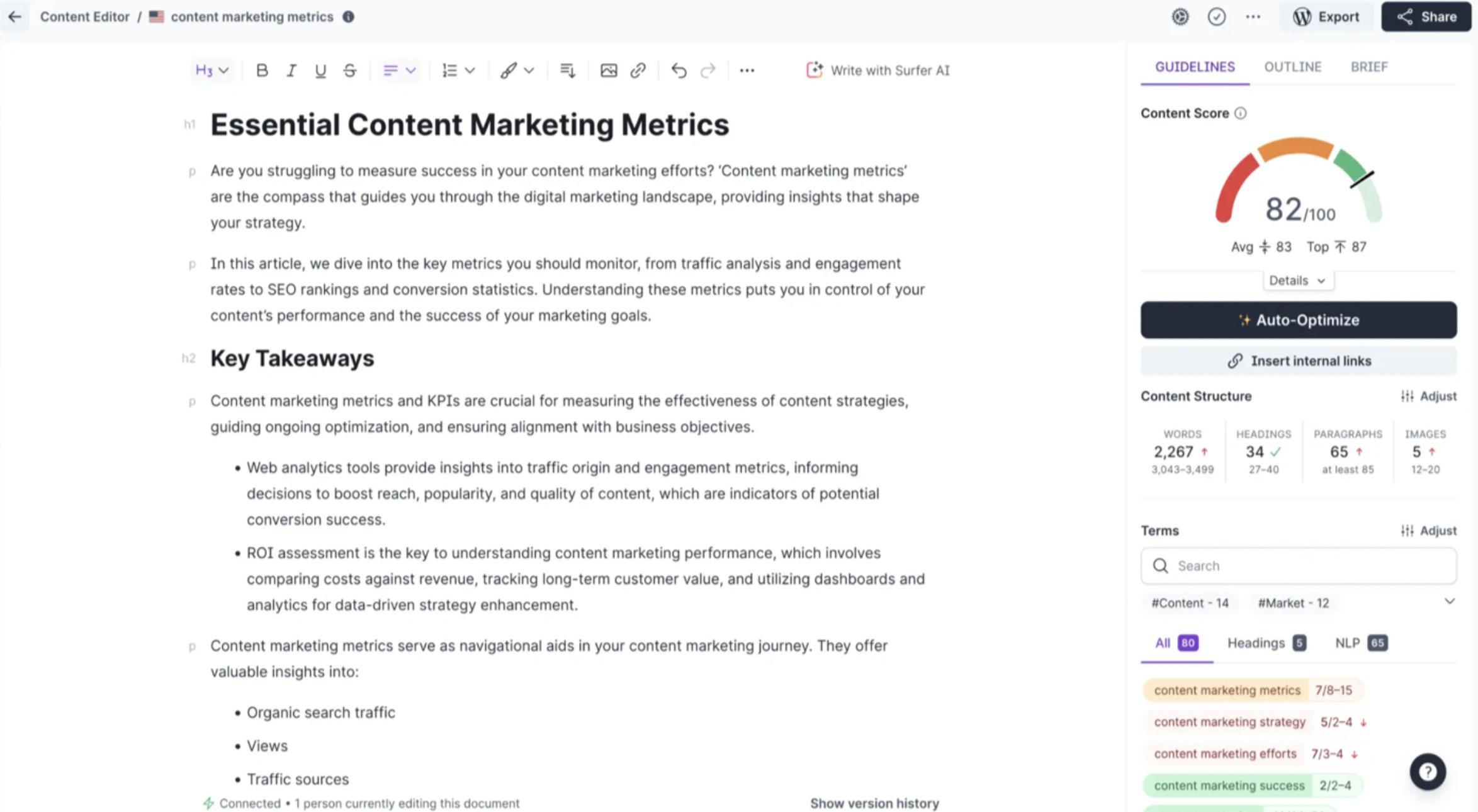

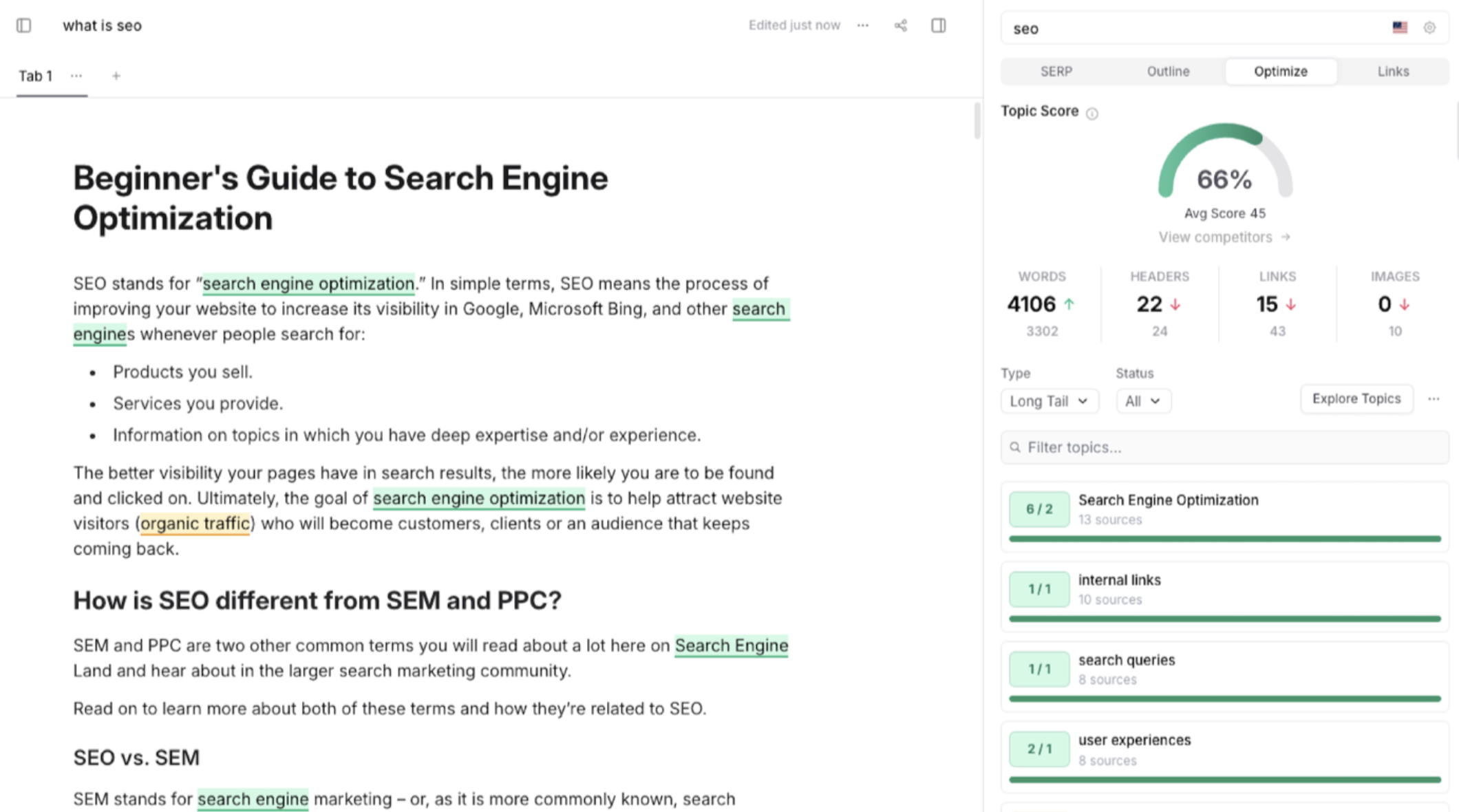
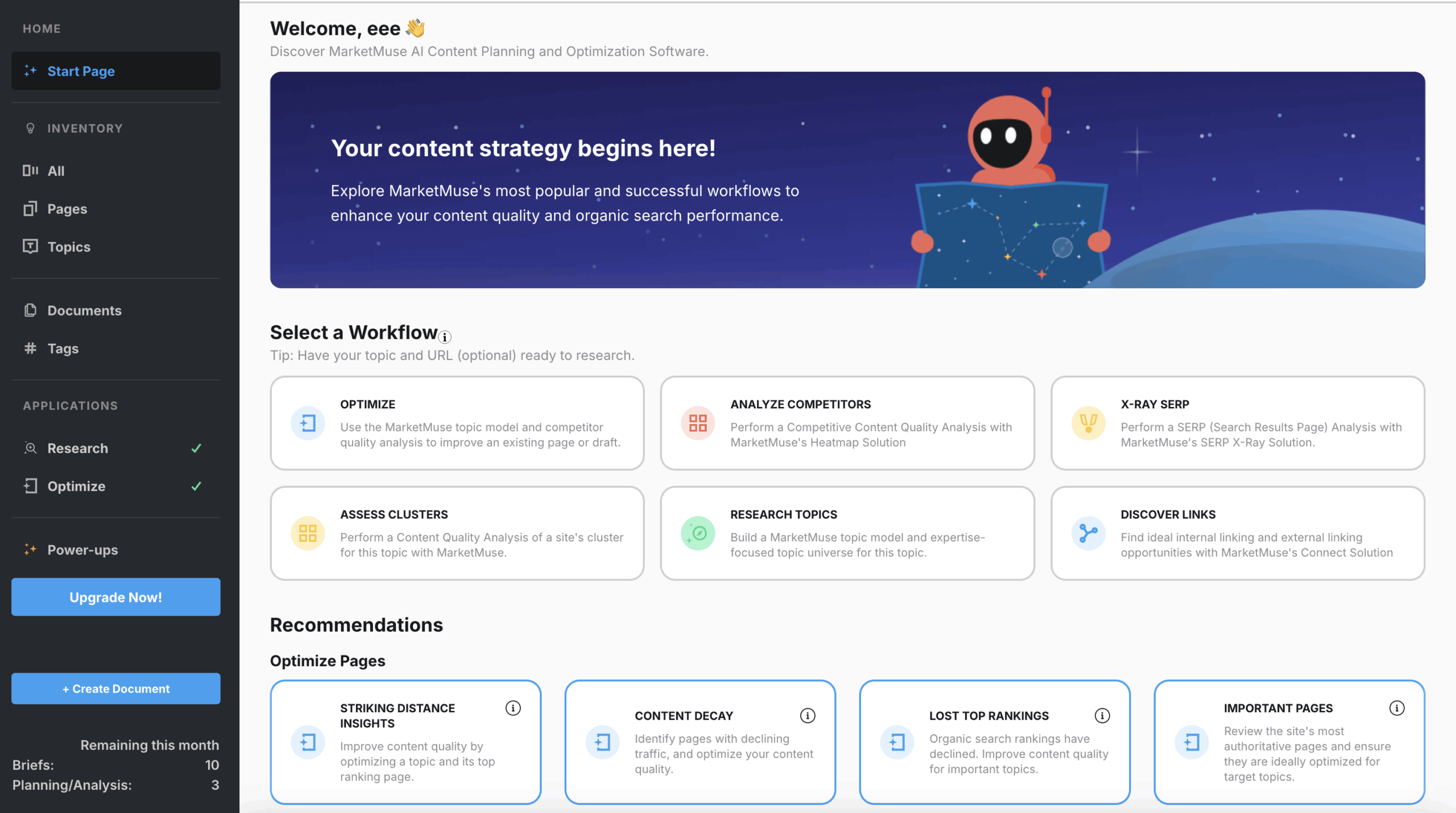
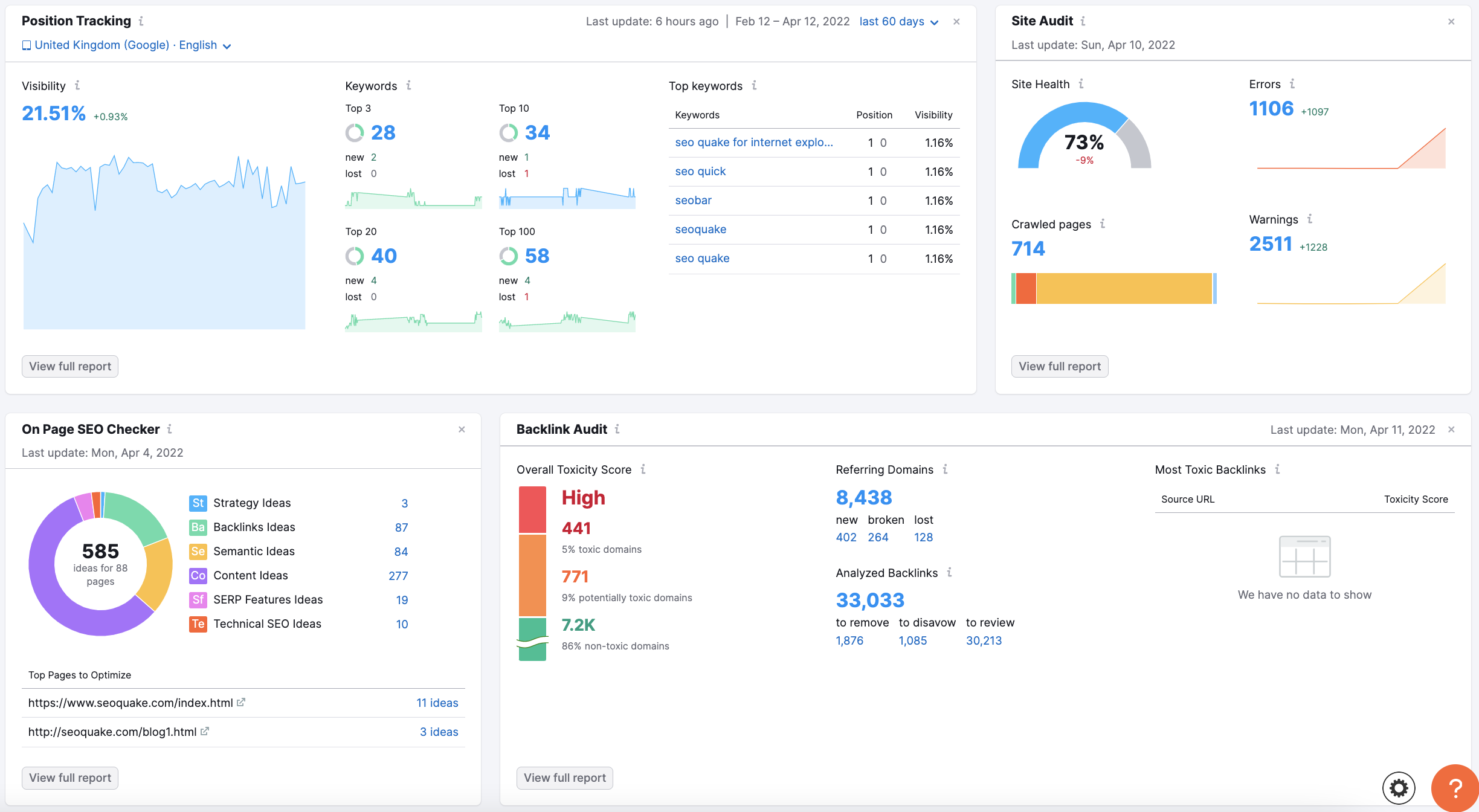
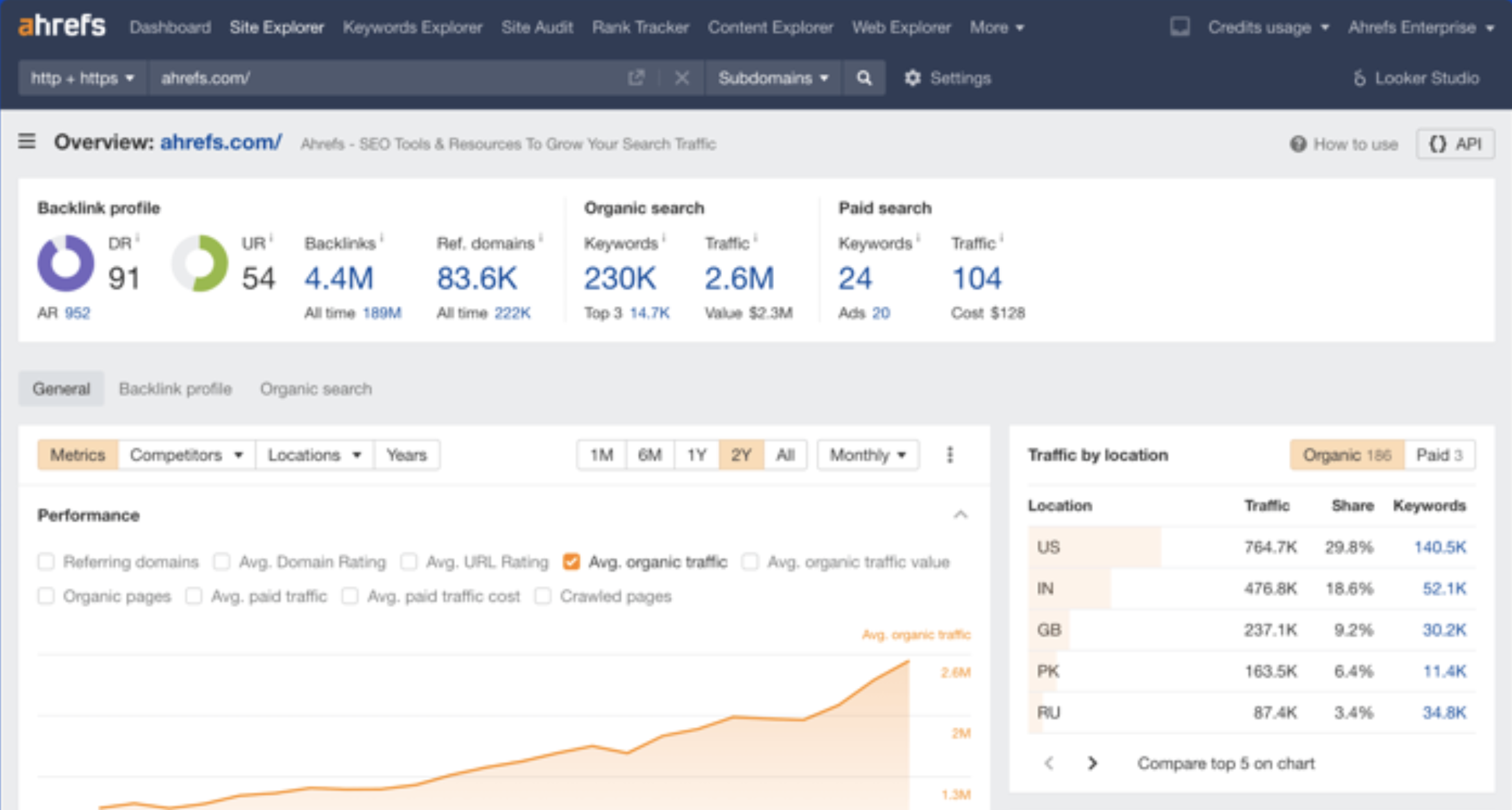
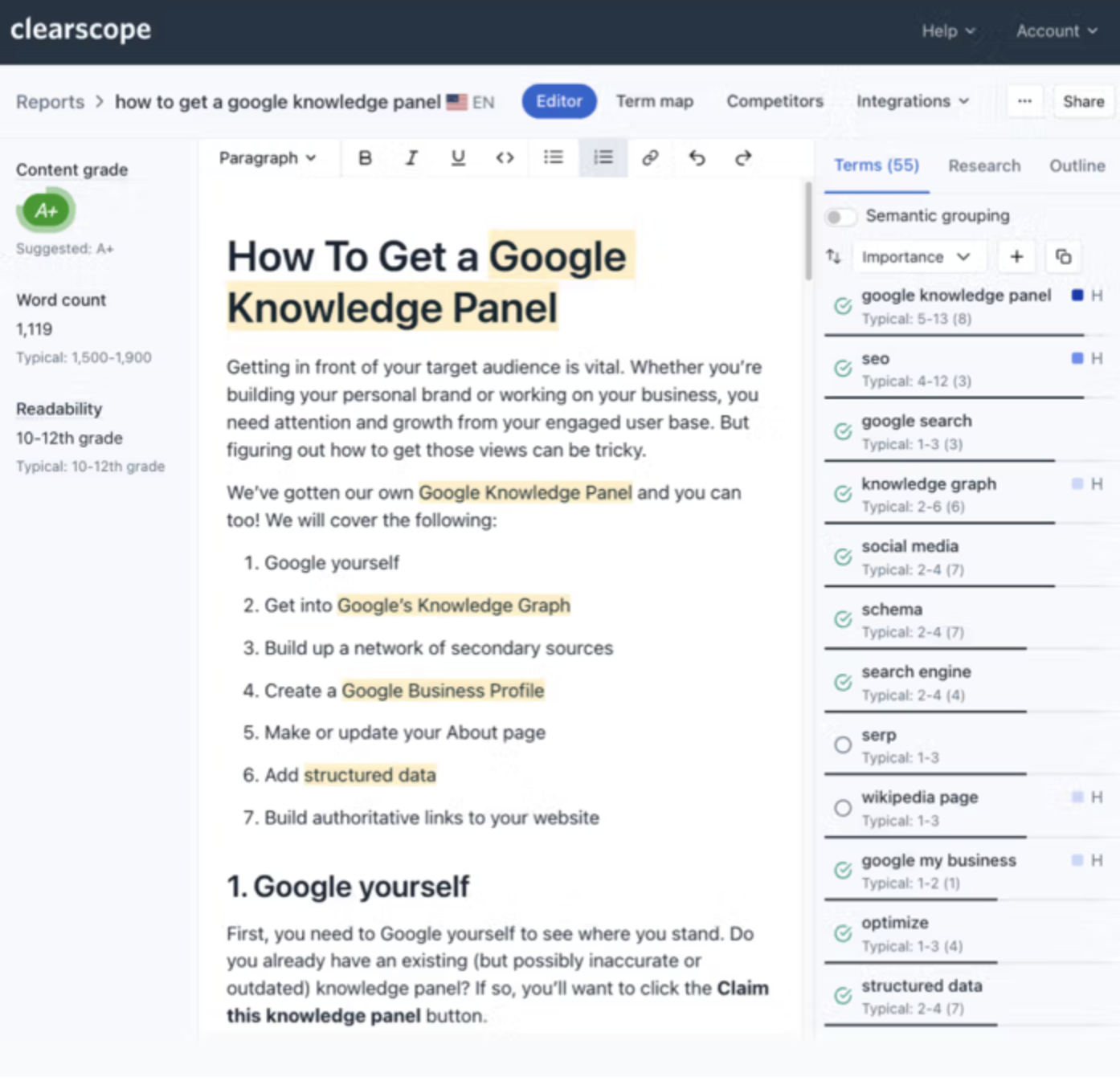
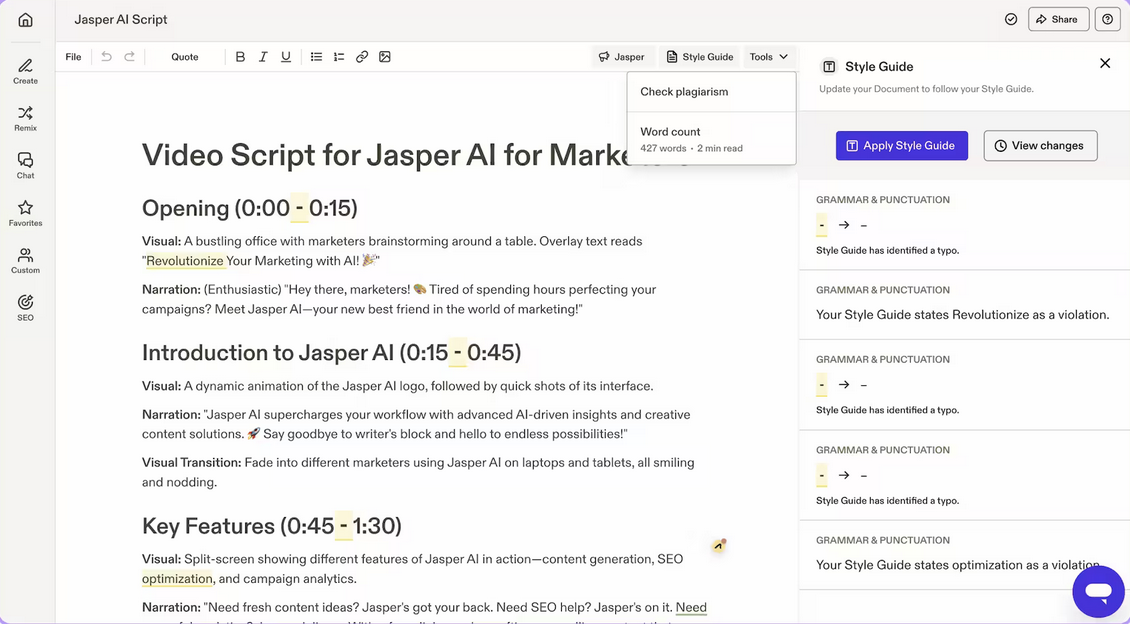
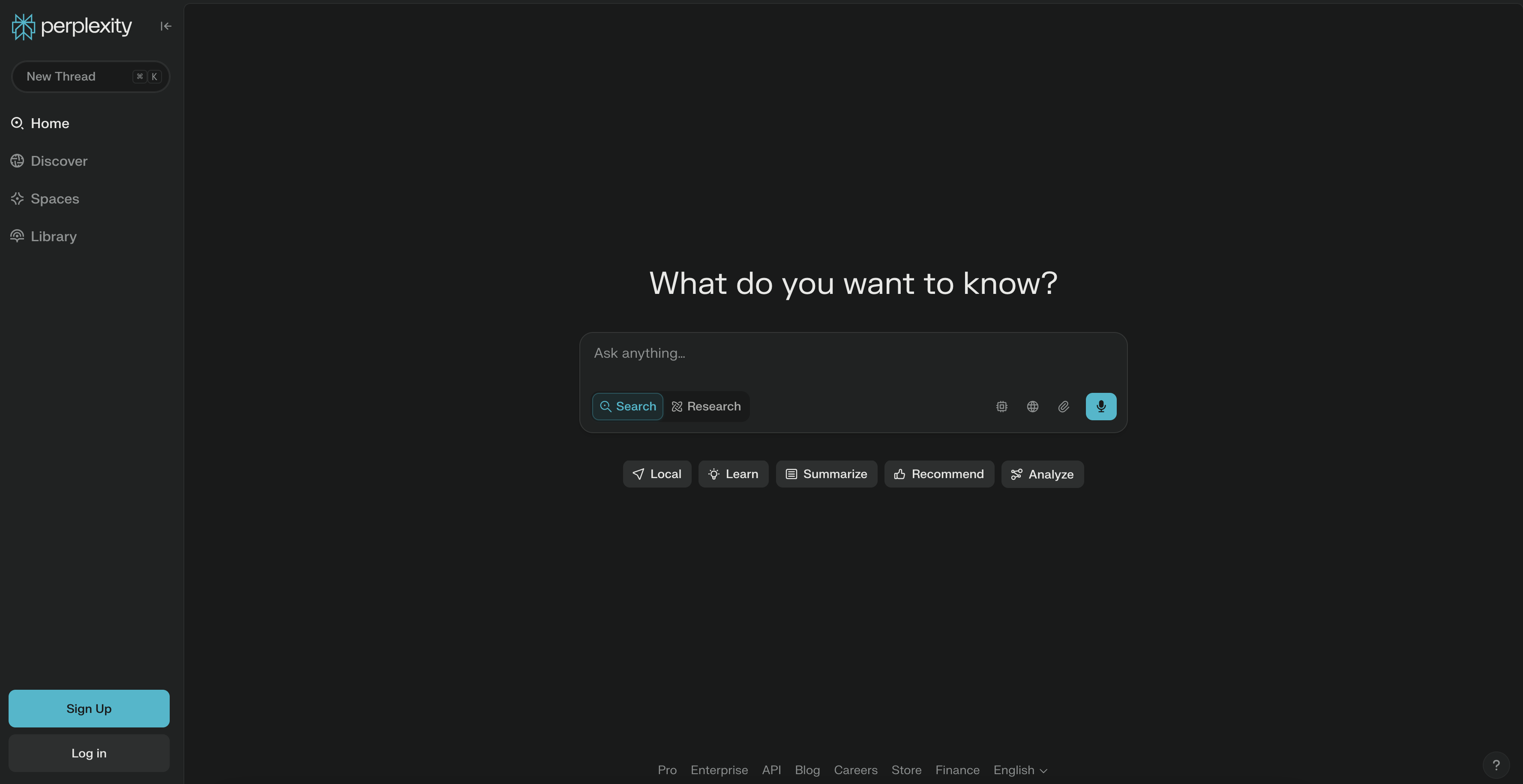
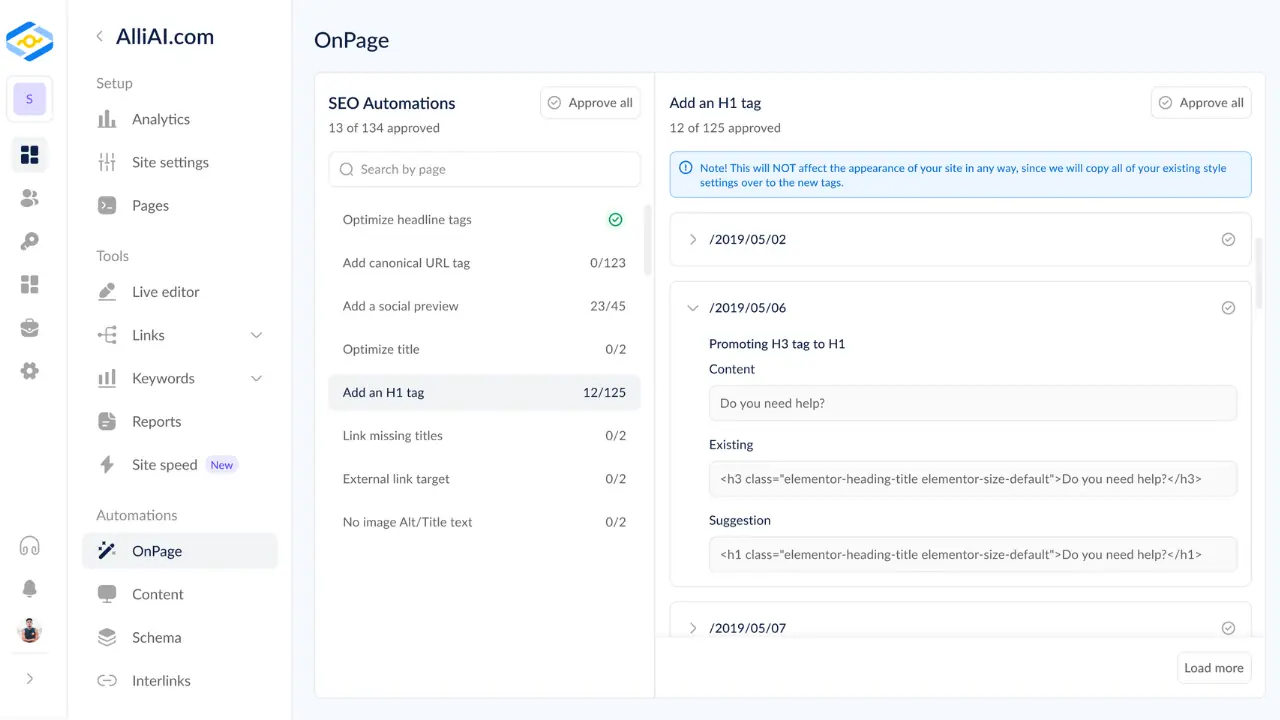
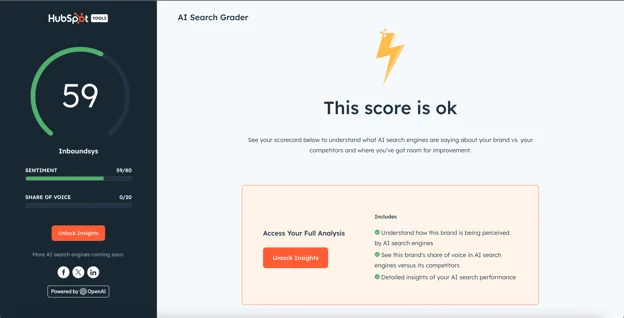
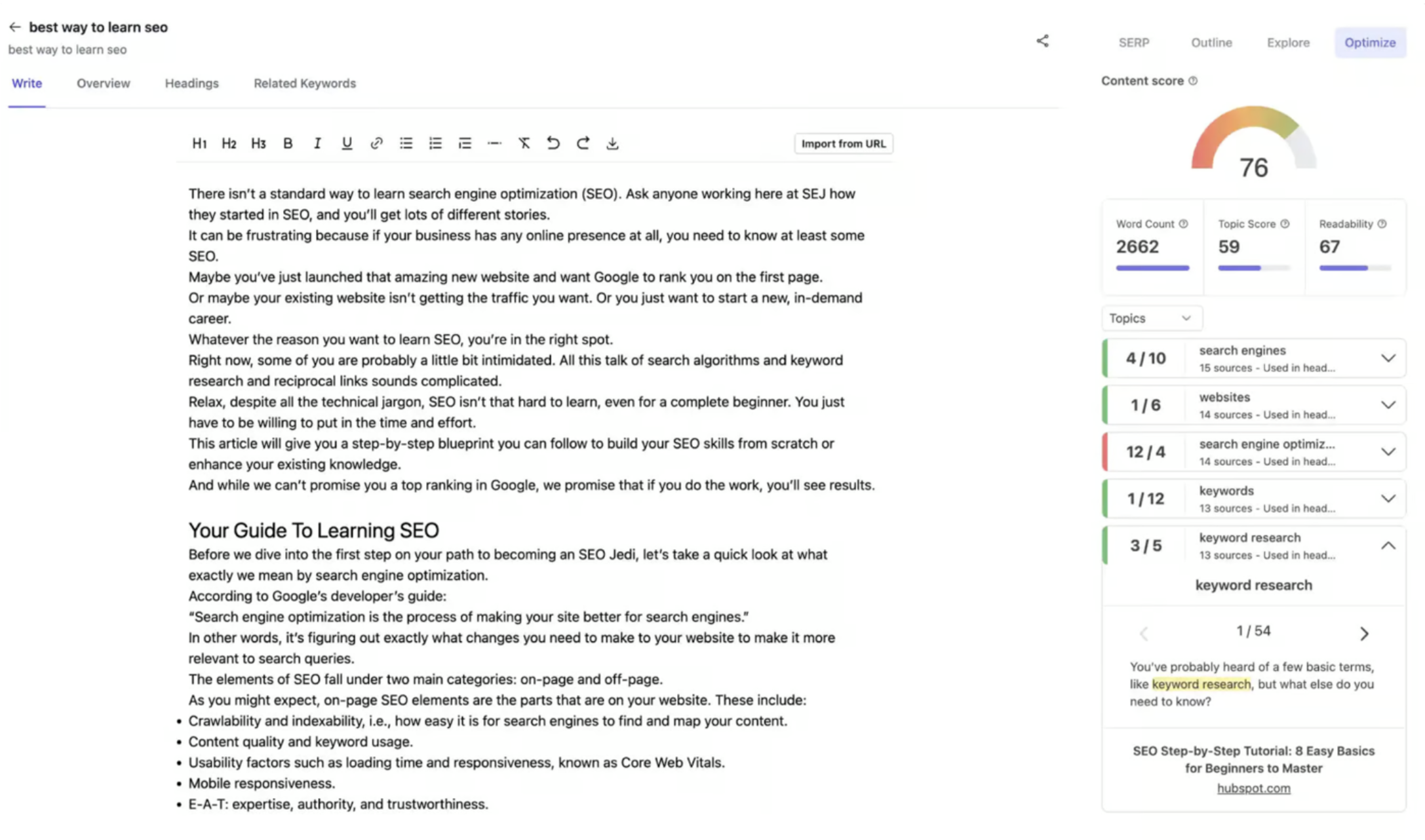
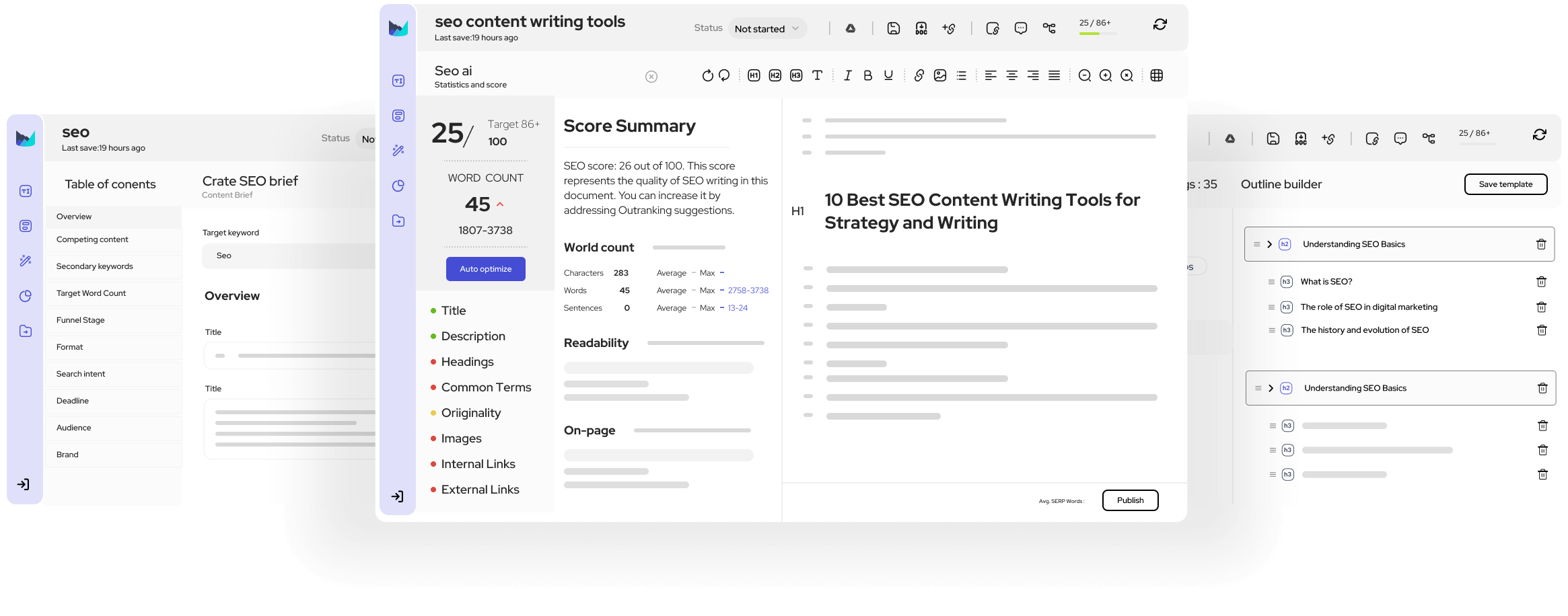
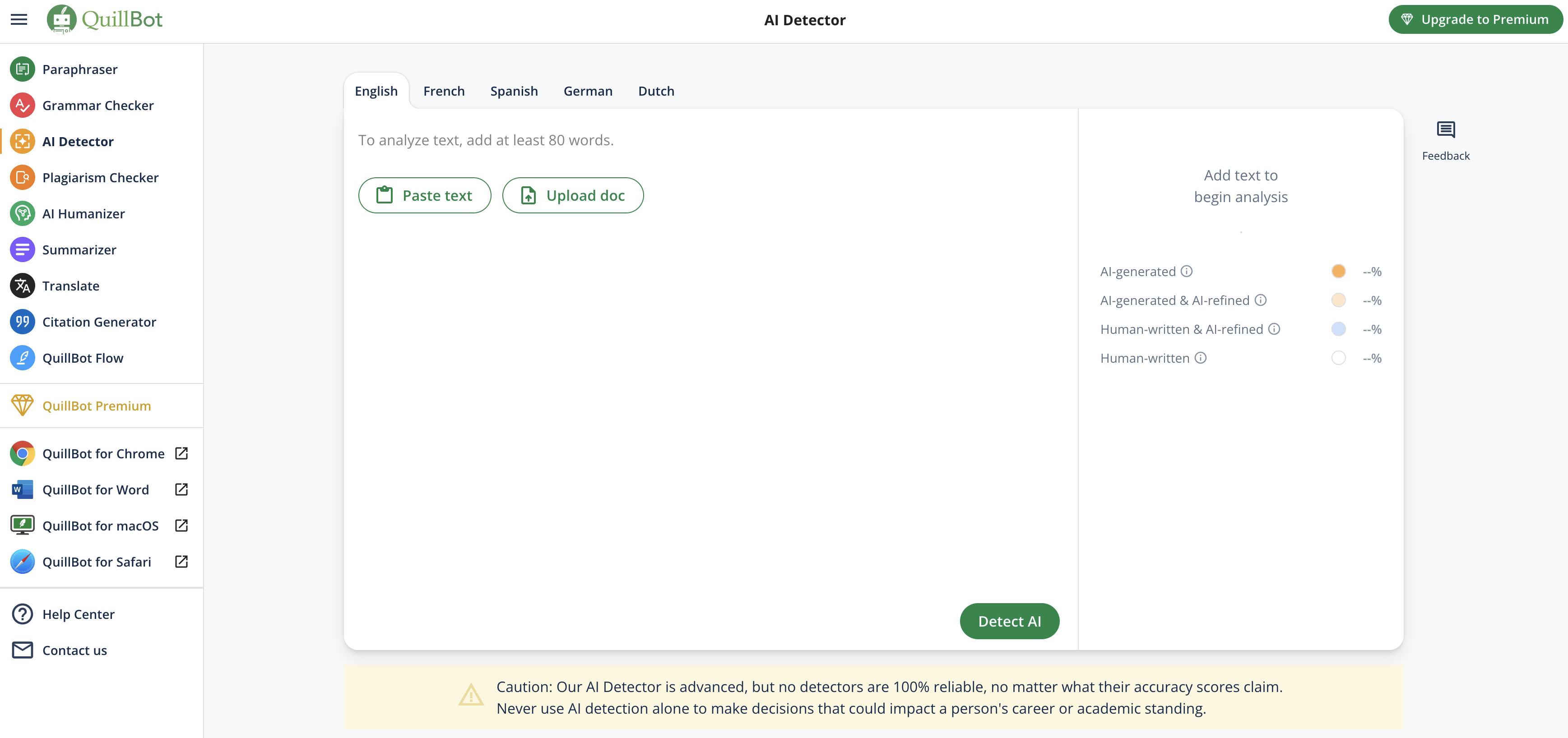
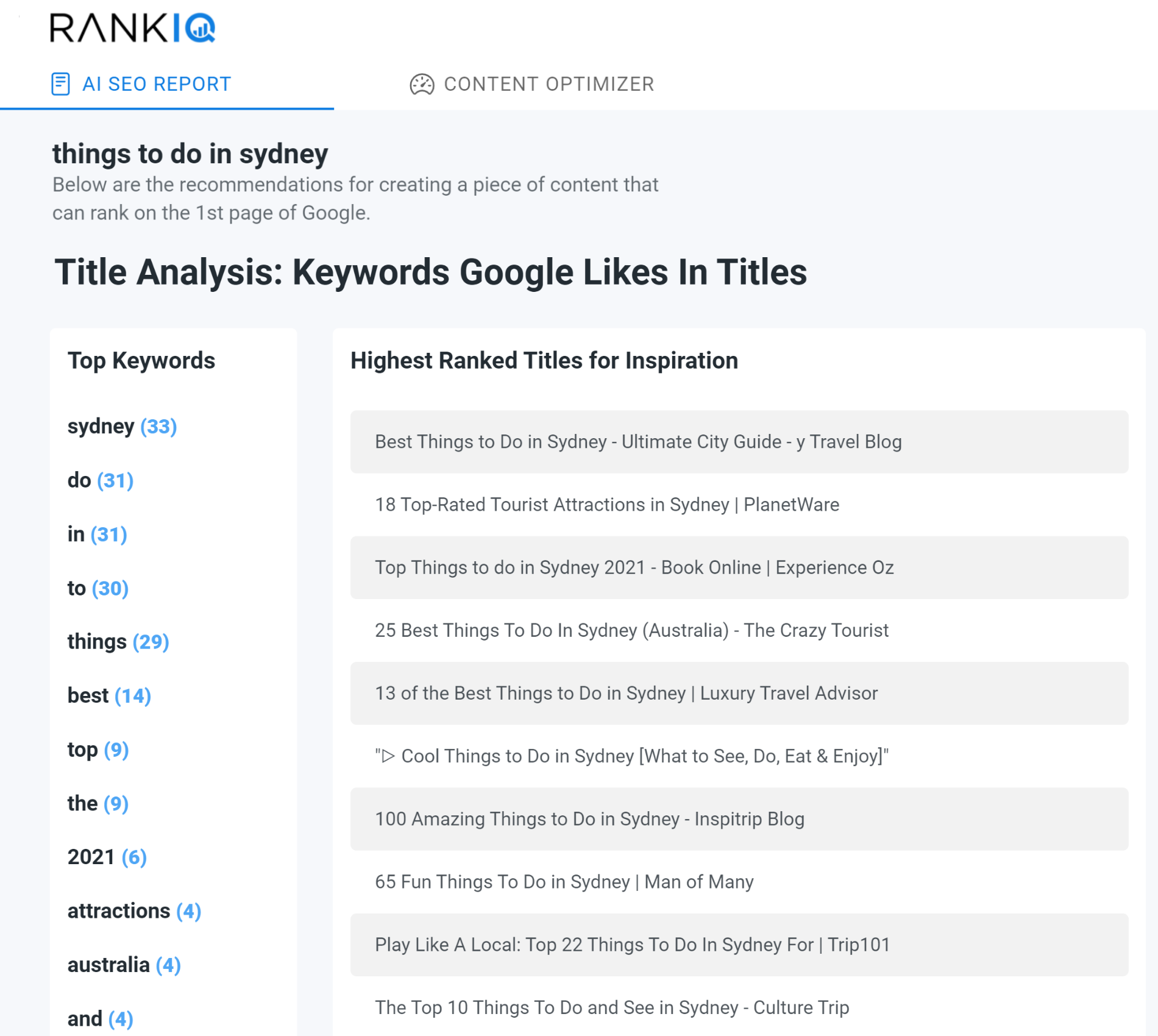


























































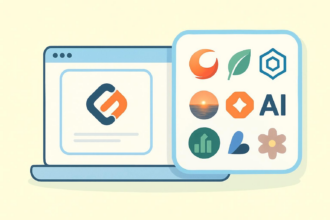




























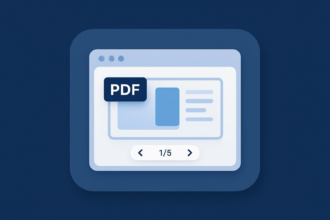


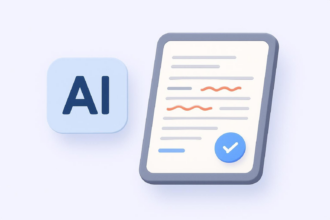





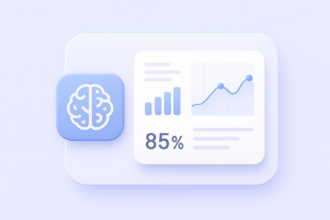





Send Comment: